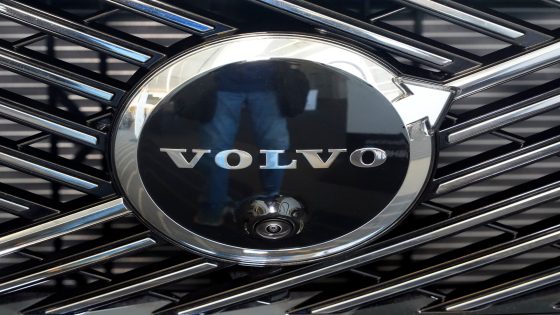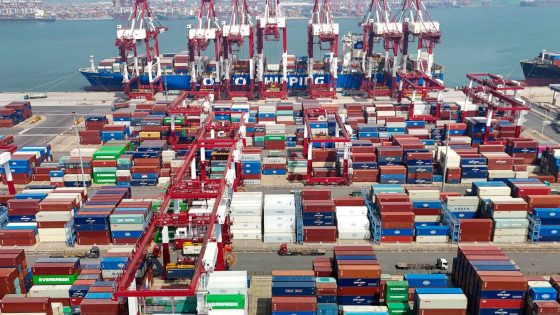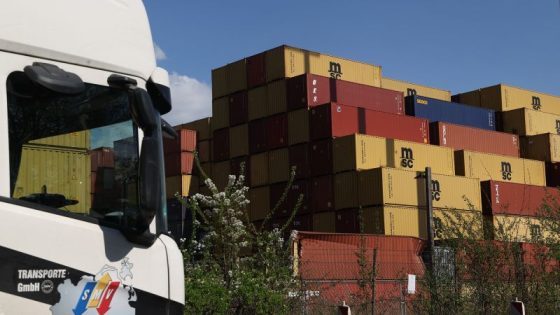Volvo Cars, the renowned Swedish automaker, is making headlines with its decision to cut 3,000 white-collar jobs as part of a major restructuring effort. This move comes amid rising prices and tariff-driven uncertainty affecting the global auto industry. On 2025-05-26 21:53:00, CEO Hakan Samuelsson announced the layoffs, aiming to boost demand and stabilize the company’s struggling share price.
- Volvo to cut 3,000 white-collar jobs
- Restructuring aims to reduce costs by $1.9bn
- Layoffs affect 15% of office staff
- Most redundancies will occur in Gothenburg
- US tariffs impact Volvo's affordable car exports
- Financial guidance withdrawn amid market uncertainty
The layoffs, affecting approximately 15% of Volvo’s office staff, are part of a broader initiative to reduce costs by $1.9 billion. With most production based in Europe and China, Volvo faces unique challenges due to potential U.S. tariffs, raising concerns about the viability of exporting affordable models to the U.S. market.
This restructuring raises critical questions about the future of Volvo and the broader automotive landscape. How will these job cuts affect Volvo’s innovation capabilities? Moreover, what does this mean for the competitive dynamics in the global market?
- Volvo’s layoffs reflect a trend of cost-cutting in the auto industry worldwide.
- The potential U.S. tariffs could reshape trade dynamics, particularly for European automakers.
- Consumer confidence is waning, impacting demand across various markets.
- Electric vehicle sales may be hindered by increased production costs and trade barriers.
As Volvo navigates these challenges, the implications for the global automotive industry are significant. Stakeholders must remain vigilant and adaptable to thrive in this evolving landscape.































